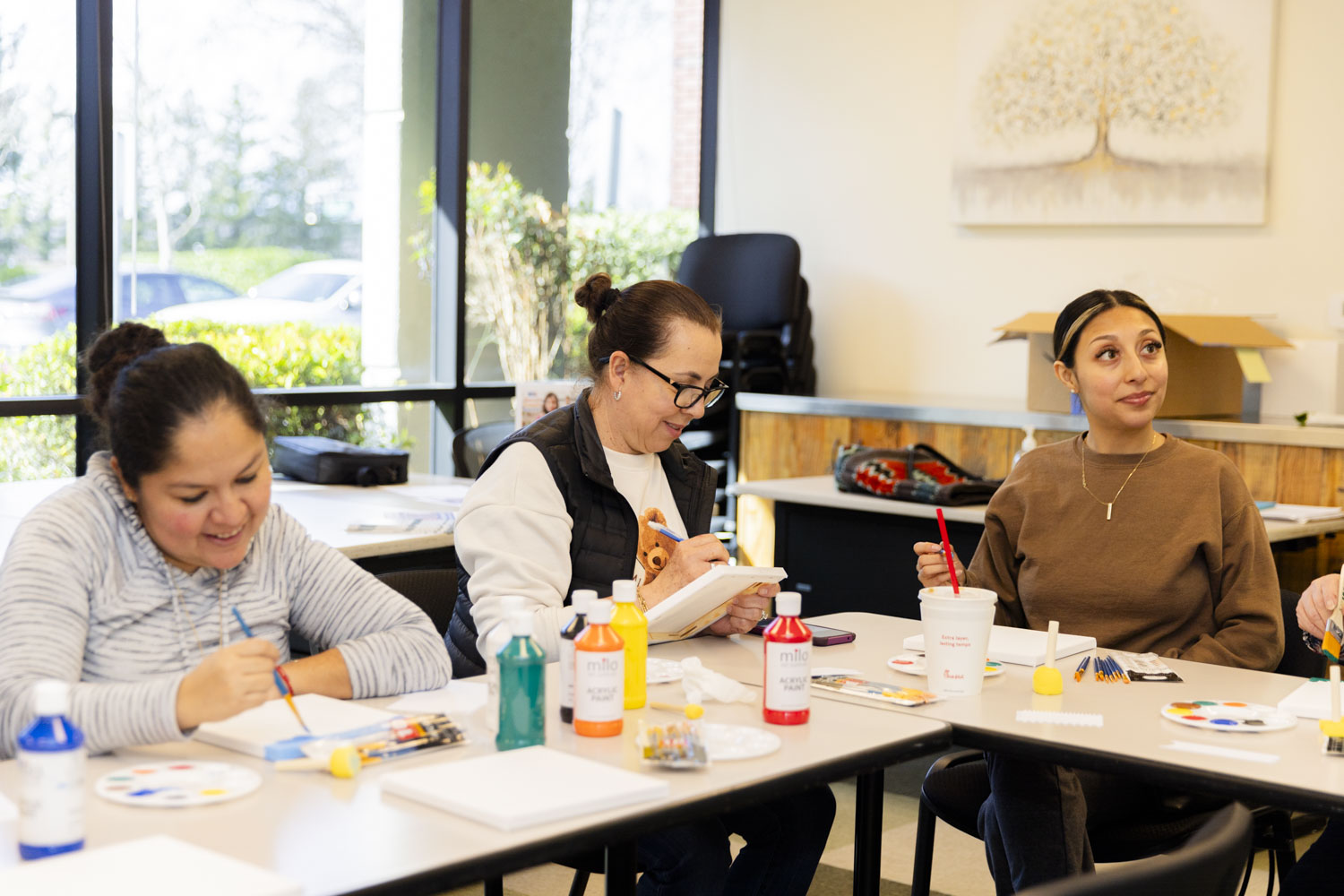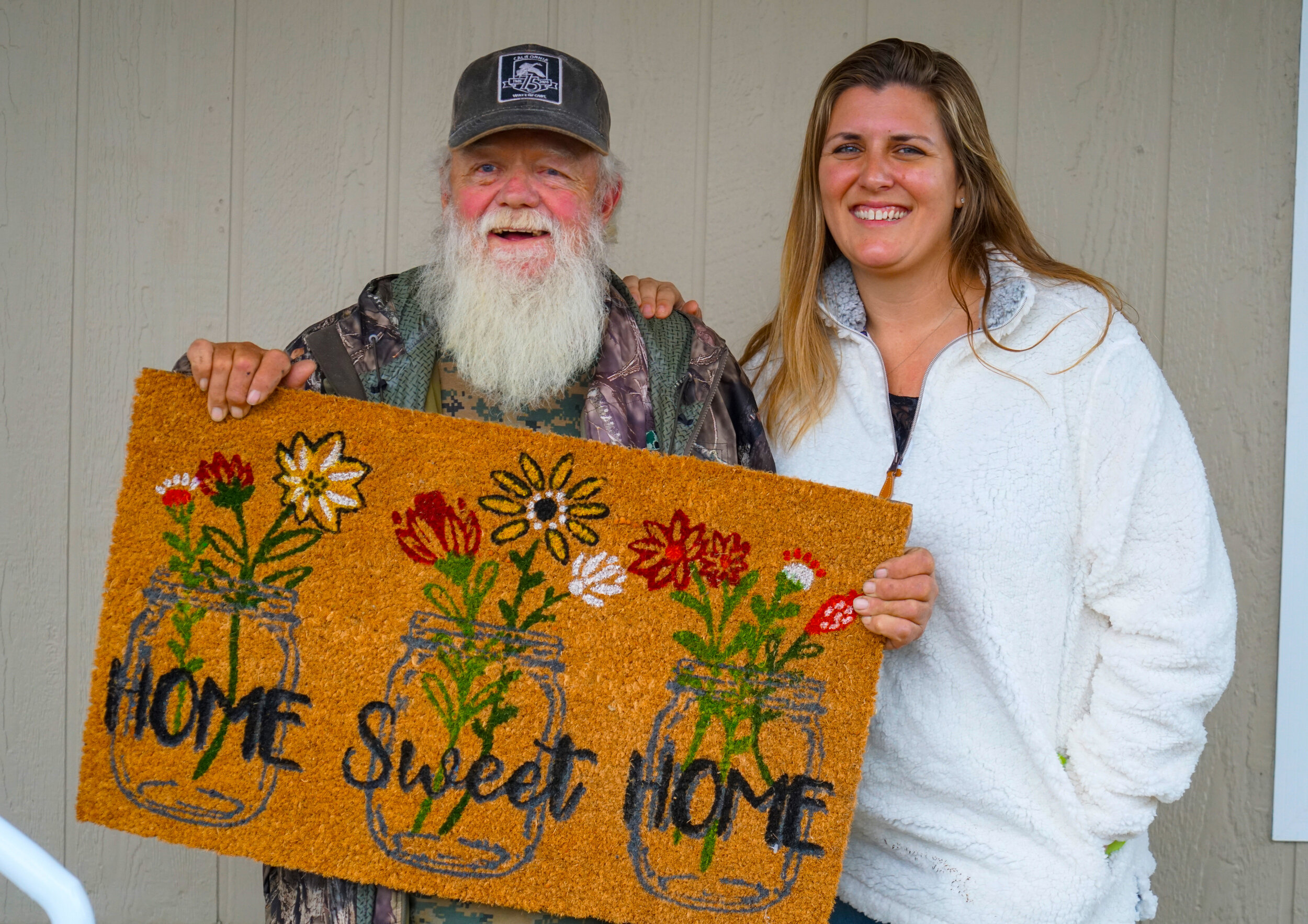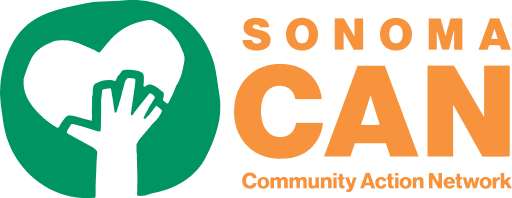Workforce Pathways
Advancing workforce opportunities and postsecondary education opportunities is a core component of the Whole Family Approach. While children are in classrooms, or providing child care to those who are not, we provide support in accessing employment support, enrolling at the SRJC, and taking preparatory classes such as English as Second Language and Financial Stability. Until a family’s income reaches a living wage they are at risk of losing housing, food access, health care, and child care. While the minimum wage in California and Sonoma County is higher than in many other places, our costs are higher too.
The living wage for a family with two adult and two children is $51.40, while a single parent with two children needs to make $63.40. An additional barrier to this is that families are often discontinued from benefits just as they are reaching stability, which then removes both income and support like child care and therapy, also called the “benefits cliff.” We offer opportunities to help parents look at their whole budget and to see how to meet their household needs and find pathways out of poverty, including stable and higher paying jobs, as well as the education to gain the skills necessary.

Teacher Training
Parents to Professionals
Since 2022 Sonoma CAN has provided a pathway for our classroom parents to be trained as a teacher and earn their CDA ([]) to work in one of our Infant toddler classrooms.
SRJC Apprenticeship Program
In partnership with Santa Rosa Junior College’s innovative apprenticeship program our ECE programs are hosting students in our classrooms to support the education and development of an ECE pipeline in Sonoma County.

Imagine You
We offer training that fosters staff and client well-being based on evidence-informed mental and behavioral health research. Trainings support case managers, disaster case managers, crisis support counselors, success coaches, lay ministers, community health workers/promotoras, parish nurses, patient navigators, and other frontline staff.

